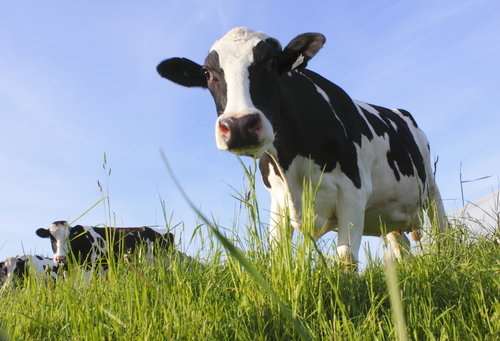Increase comes into effect on July 1
By Diego Flammini
Assistant Editor, North American Content
Farms.com
The P5 Boards (Ontario, Quebec, Nova Scotia, New Brunswick and Prince Edward Island) approved a 5 per cent producer saleable quota increase effective July 1, Dairy Farmers of Ontario (DFO) announced on June 16.
Butter stocks currently sit around 31,000 tonnes, short of the 35,000 tonne goal set by the provincial boards, according to Dairy Farmers of Nova Scotia.
The gap between the two figures is a main reason for the quota increase.

"This decision is intended to ensure P5 milk production continues to fill all current demand, as butter stocks have not surpassed their updated target level of 35,000 tonnes,” DFO said in its statement. “Demand for dairy products continues to be strong while P5 processing capacity has increased since the beginning of April but continues to be closely monitored.”
The quota increase means some dairy producers could need to increase their herd.
"That means you have to have five per cent more cows, five per cent more feed, five per cent more space available in your barn, five per cent more labour," Harold MacNevin, chair of the Dairy Farmers of Prince Edward Island, told CBC. “It’s quite an impact. It’s a welcome impact.”
If producers can reach the intended goal by July, it will help further supply processors with Canadian butter in 2017 and 2018, according to Dairy Farmers of Nova Scotia.
Farms.com has reached out to dairy producers for insight into how the quota increase could impact their operations.